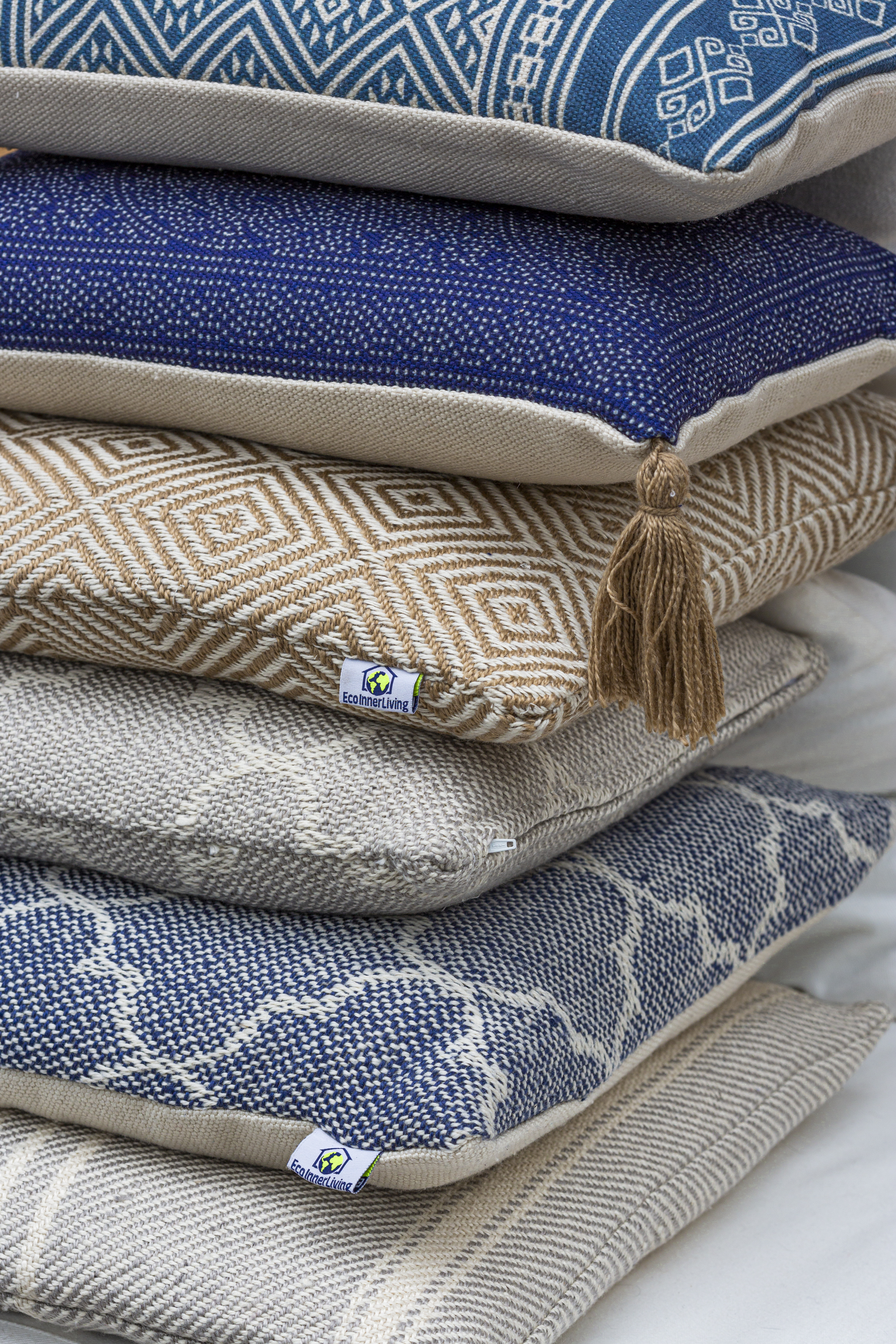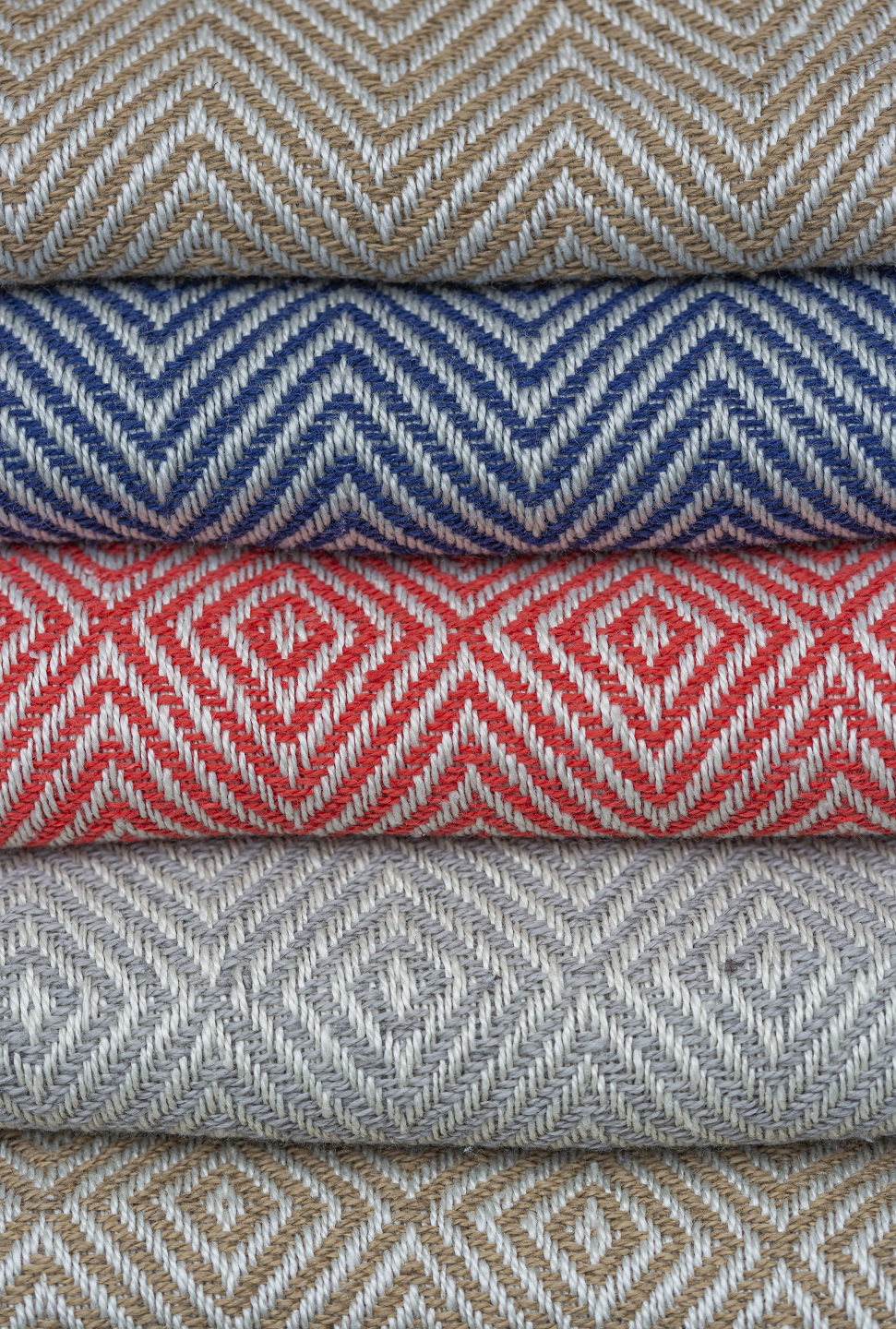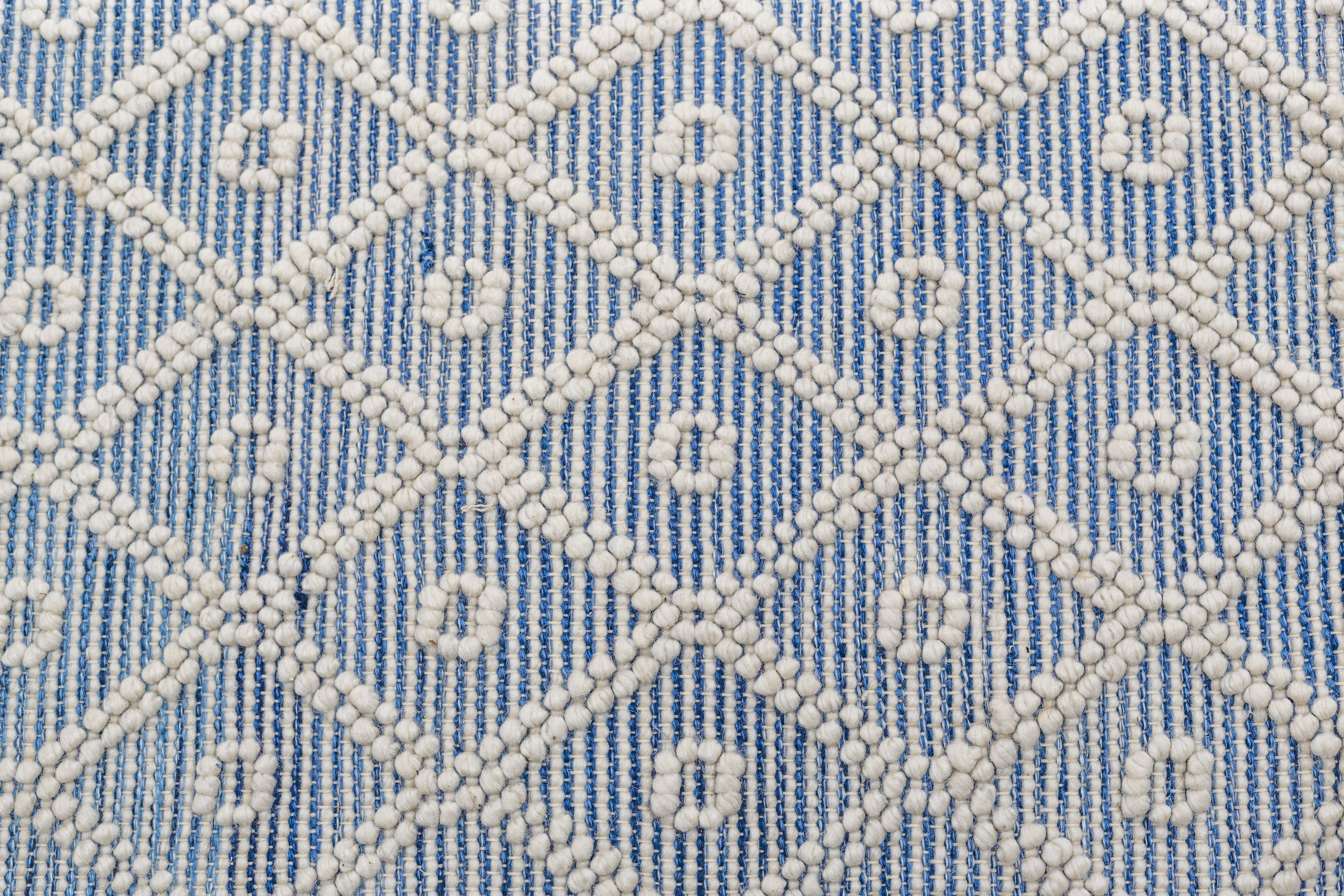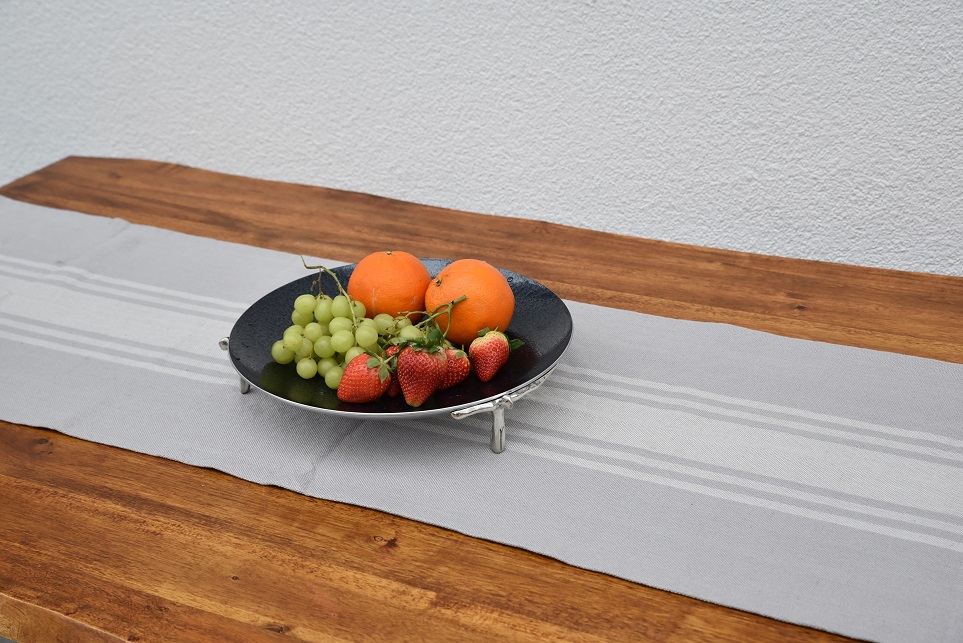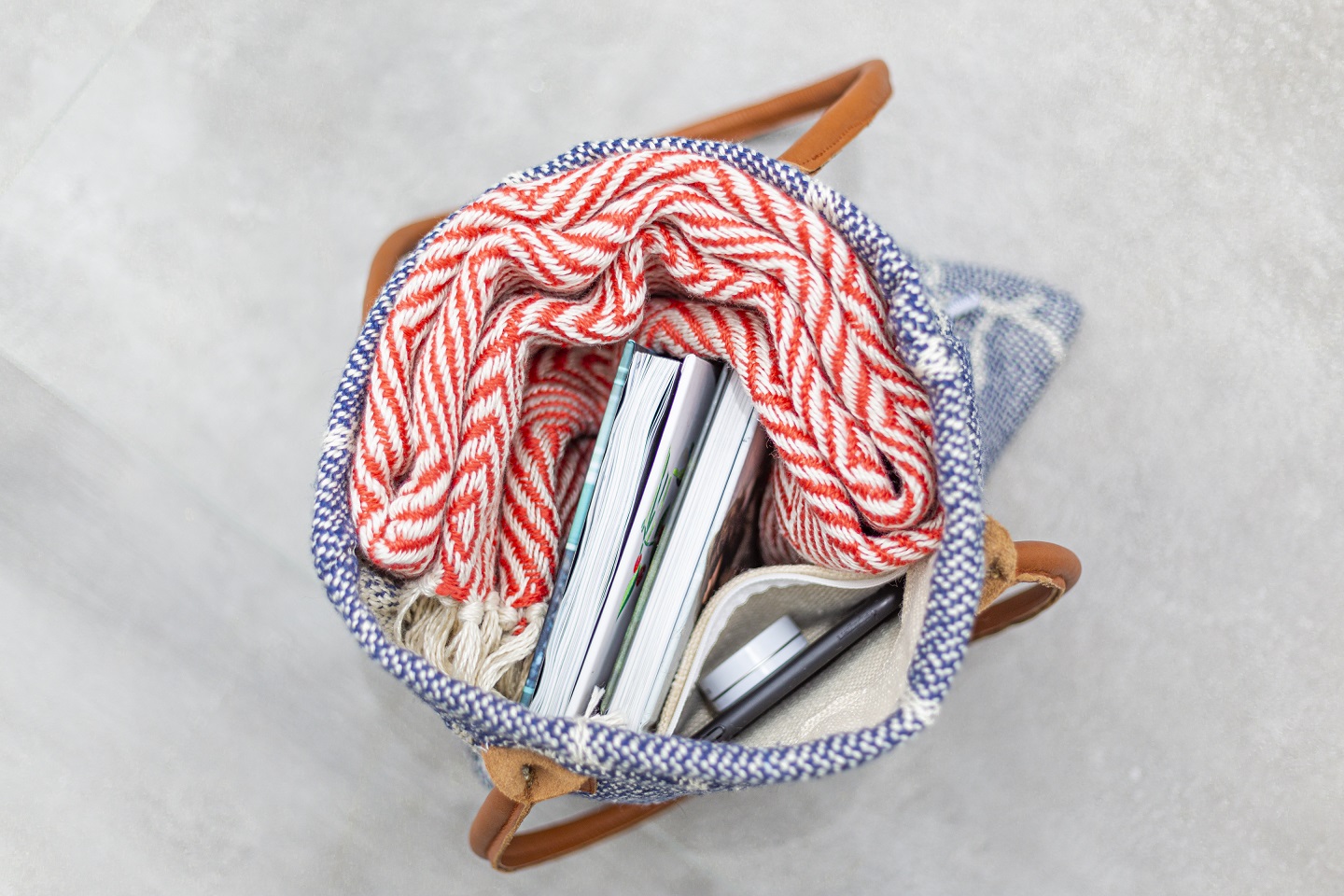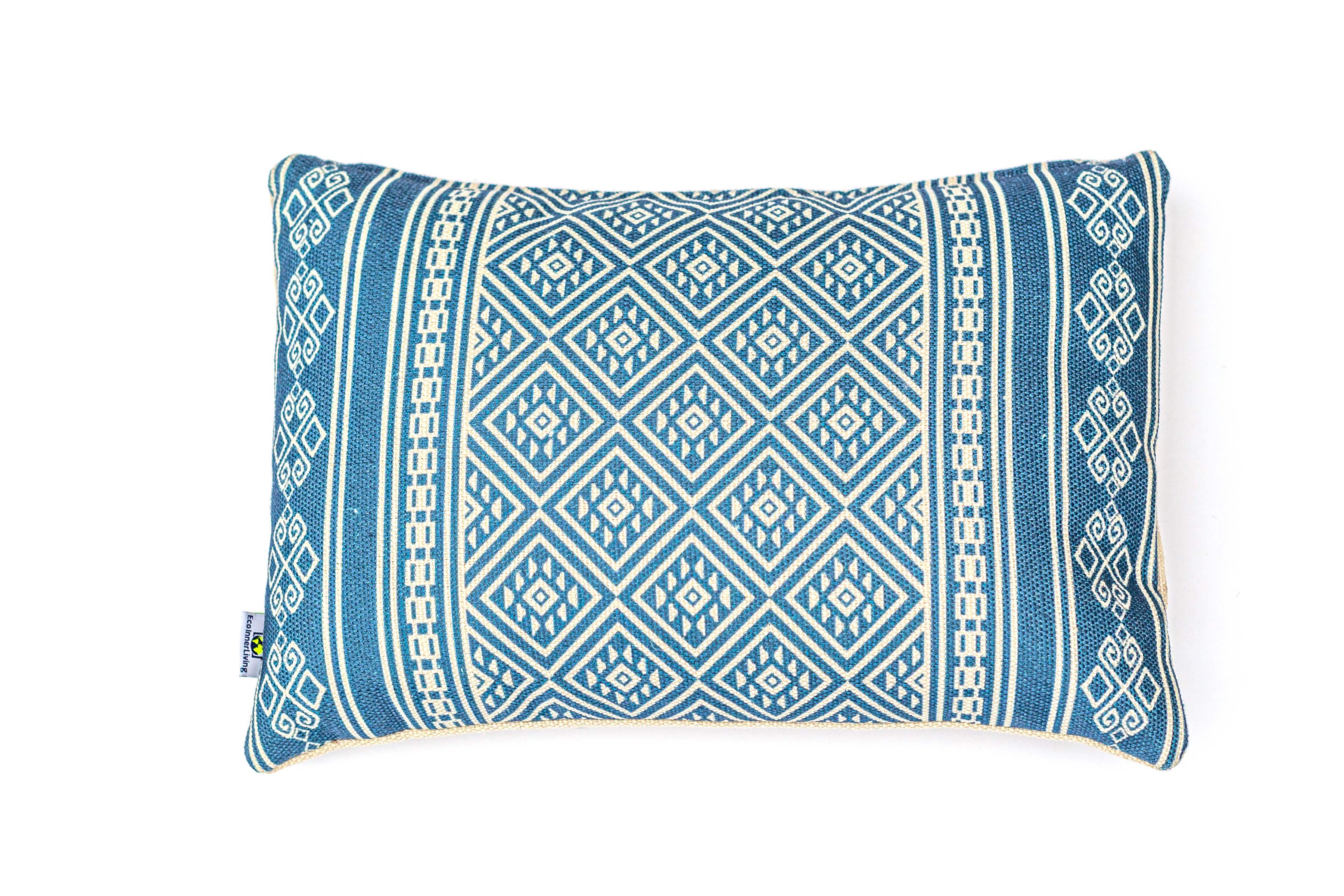Rising trend in 2022: sustainable living
Topics such as environmental protection and sustainable living used to be laughed at, but today the population has become very aware of them and sustainable living has become a modern lifestyle.
Per capita CO2 emissions in Germany are around 11 tonnes. We are responsible for the most CO2 emissions in Europe. But what options can you use in your own home to reduce your carbon footprint in everyday life without having to make a lot of effort or give up anything?
Here are 5 simple tips.
Sustainable living - Tip 1: Be(e) friendly in the garden
Germany is home to 550 different species of wild bees, half of which are threatened with extinction. This is your chance to give free rein to your green fingers. Whether you have a house or a flat - whether you have a balcony or a garden - plant bee-friendly flowers such as raspberries, blackberries or lavender to give these endangered insects a new home.
The best part: these plants taste and smell good! Small idea: If you have a garden, you can also go one step further and plant a herb bed or a cherry tree.
As a little bonus tip, if you let the hedge grow a little wilder, you can attract garden inhabitants such as hedgehogs.
Sustainable living - Tip 2: Choose sustainable decorative items
Chic carpets can also be sustainable. Many manufacturers already use recycled materials in the production of their floor decorations. At Eco Inner Living, for example, we create rugs that are made from 100% recycled PET bottles and look just like normal rugs.
It should be noted that this is not a multi-component product that has to be laboriously dismantled for disposal.
If you want to make sure that you are buying a sustainable home accessory, you can also orientate on certain seals and certificates. Carpets from Asia in particular are often heavily contaminated with biocides during transport. The treatment of products with chemicals then usually leads to high emissions. There are also sustainable decorative items such as Boho cushions made from recycled PET bottles.
Sustainable living – Tip 3: Reduce, Reuse & Recycle
The motto here is: repair rather than buy new! Be creative, you can often make sustainable decorations and sustainable home accessories from supposedly useless objects. For example, chic flower vases made from old bottles, milk cartons, PET bottles and jars? With a little paint and fabric (e.g. from old tops), you can quickly create a great one-off piece.
Bonus tip: Something like this also makes a great personalised gift idea for the next birthday. So nothing stands in the way of environmental protection in everyday life.
Sustainable living - Tip 4: Love letters yes, but no advertising brochures please!
You can put a "No advertising please" sign on your letterbox. Sounds banal - but it is! 33.7 million households in Germany receive advertising and 90% of it ends up unread in the rubbish. That's around 2 billion kilograms of printed paper every year that first ends up in the letterbox and then unread in the bin. Yet the solution would be so simple.
Our tips may seem small, but they are all important for protecting the environment so that we don't exceed the 1.5 degree limit and head for a cooler future.
Sustainable living - Tip 5: How old are your household appliances?
In principle, it is good to use and maintain items for a long time. However, the problem with electrical appliances is that old appliances consume more electricity. This makes them real power guzzlers and it makes sense to buy new household appliances. Opt for appliances with an energy efficiency rating of A++ or higher and you will see how electricity consumption in your household decreases.
And what's the point?
This raises the question that is so often asked, usually due to convenience: What's the point if I change something but the others don't?
- Those who decide in favour of a sustainable, resource-light life become pioneers and at the same time proof that responsible living is possible.
- Reducing consumer behaviour and energy consumption leads to more autonomy, self-determination and at the same time increases one's own crisis resilience.
- After all, it is not those who have a lot who are sovereign, but those who need little.
- Demands for political change are only credible if at least some individuals are already living in a way that is necessary for the environment and society.
With these tips, you can lead an environmentally friendly everyday life without having to make major sacrifices.
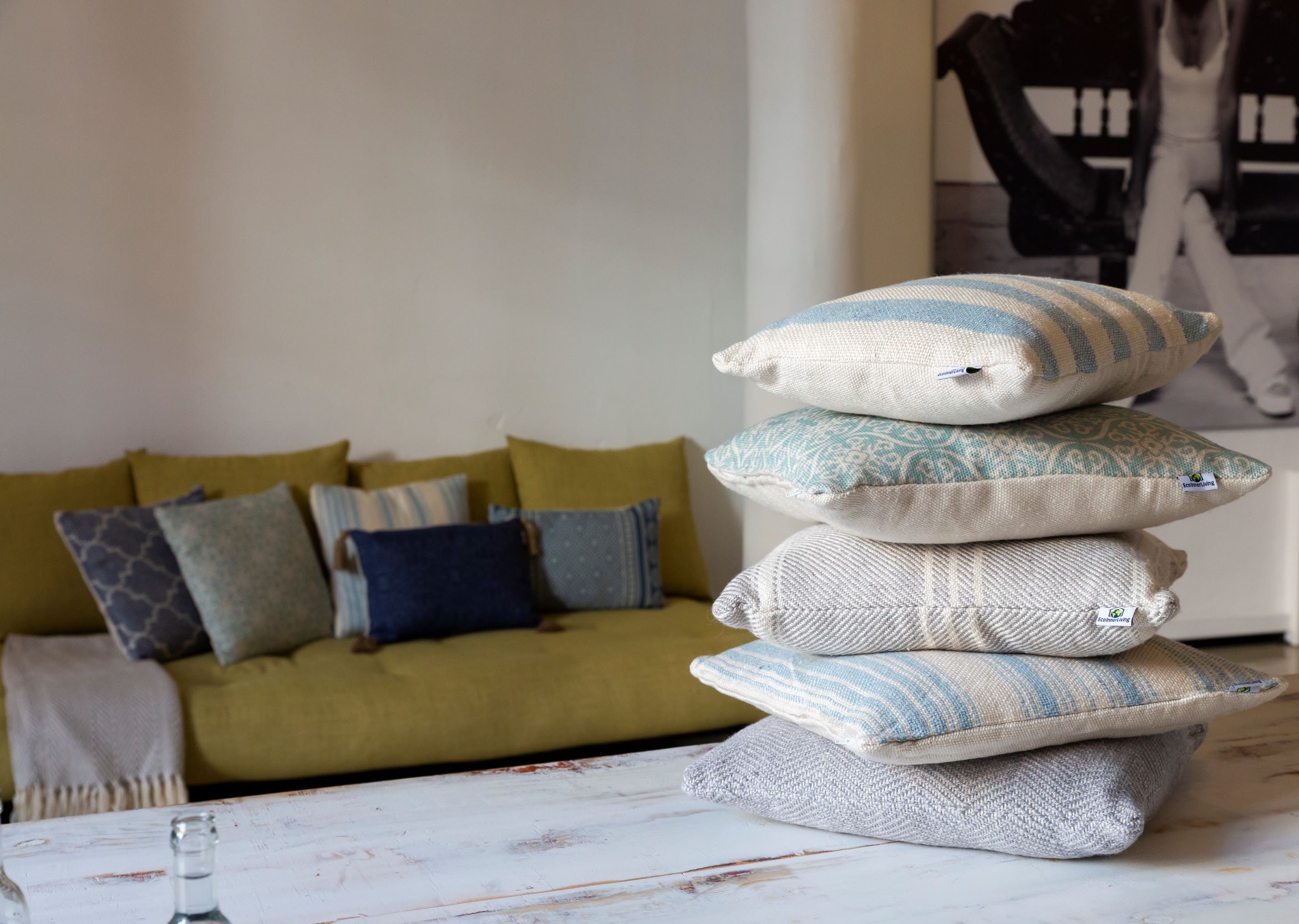

Matching articles



